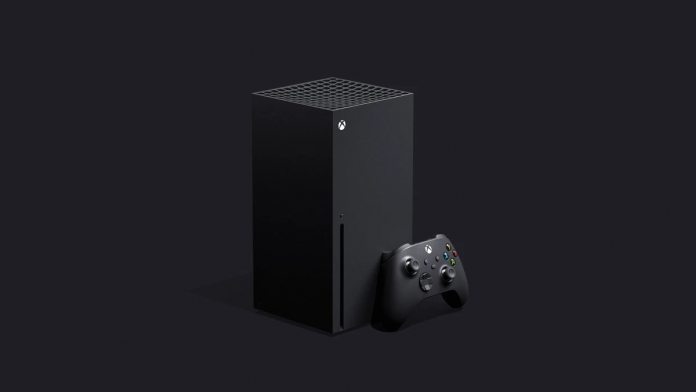I previously wrote that understanding whether this means the consoles are on course to be monster sellers is hard to say. A lot depends on how many units Sony and Microsoft made available at launch. Microsoft has given the first indication that there may be fewer Xbox Series consoles on the market than PS5 consoles. Speaking with The Verge, Microsoft’s gaming chief Phil Spence admits Xbox Series manufacturing was behind Sony’s PS5 manufacturing. Spencer says the company was waiting for a specific RDNA 2 ability to be available and development was put back. Microsoft wanted the AMD tech in the Xbox Series chipset that allows RDNA 2 features such as Mesh Shaders and Variable Rate Shading. It seems Microsoft traded some delayed production to improve the graphical capabilities of the consoles. “We started manufacturing late summer,” Spencer explained in the interview. “We were a little bit later than the competition, because we were waiting for some specific AMD technology in our chip.” “We were a little bit behind where they were, where Sony was, in terms of building units. When you do that, then you have to ship them to all the right retailers and distributors. There’s a time lag, even when you start and even when they’re coming off the assembly line, [until they’re] sitting at retail shelves.”
Sales Situation
It is unclear what this means for the number of units Microsoft was able to send out for the launch. If the company was behind, it’s reasonable to assume fewer Xbox Series consoles hit the market than PlayStation 5 devices. That means if both consoles are sold out, the PS5 may have sold more units. Either way, Spencer says the current manufacturing focus is on the Xbox Series X and not the Series S. He believes the latter console will eventually become the more popular of the two, but for now customers will focus on the higher end performer: “We figured that our first holiday, and probably our second holiday, you would see more of the higher end SKU, the Series X sold,” Spencer says. “We built more Series Xs than we did Series Ss. I think when we go into spring and summer, we’ll probably moderate that a bit. Over the long run, in most cases, price wins out.”




